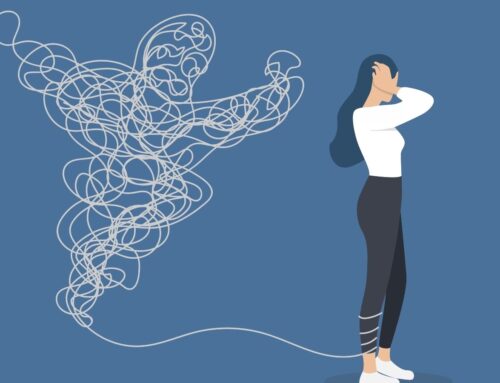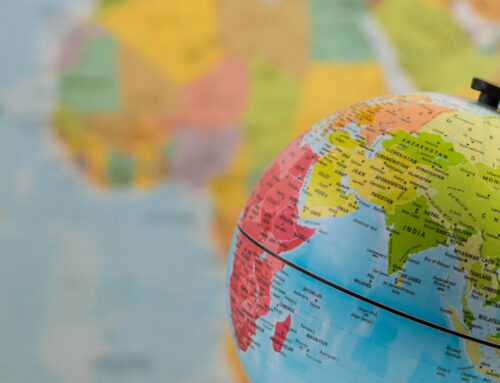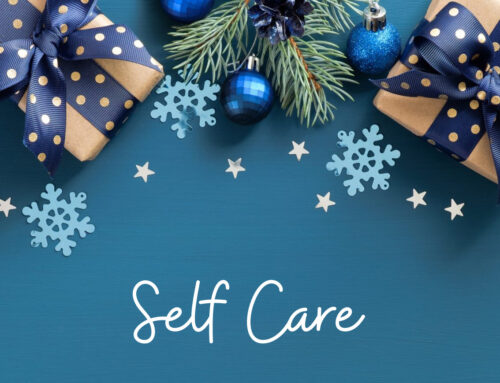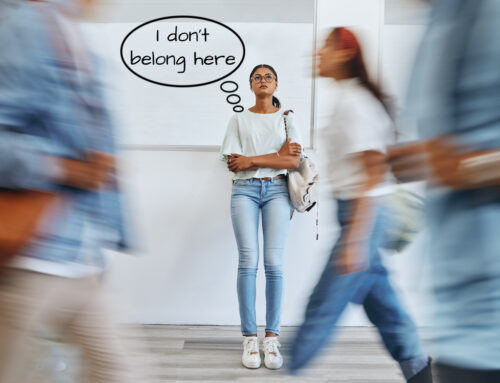By: Anna Passyn, LPC
The arc of the hero’s story – the rising conflict, the moments of doubt and questioning, the decision to move forward toward the scary thing and the resolution – is familiar to those of us who admire the courage of the hero. And, speaking for myself, I really love the resolution. It all happens so quickly. Within the period of hours for a movie or within the pages of a book, there is almost certainly going to be the satisfaction of resolution. And not just any resolution, the one in which the hero defeats the scary thing, the one in which, even if it requires sacrificing herself, the hero is the victor. I love that part. It’s so neat and tidy.
In the real world, in April of 2020, we are living in the in-between part; the part that is still wrought with fear, doubt and questioning. The fear is sticky and heavy; it follows us in our small living spaces and colors our conversations. It accompanies us as we watch the news and is part of the question we ask our loved ones, “how are you holding up?”
We don’t know how it’s going to turn out. The “it”, our current circumstance, is so big and vast and unwieldy. Our health, our family’s health, the health of our community, the potential overwhelming of the local, regional and national health care system; our own jobs, our family’s finances, the sustainability of local business. For those of us who were entering into times of transition, there is the fear of not graduating, or graduating and not finding a job; there is postponing wanted moves of location and vocation, fear of leaving and staying.
This part seems to be taking a while, this in-between part. And while we are here and all of these weighty questions are looming and the uncertainty remains, how do we keep from being buried or overwhelmed by it all? How do we stay in this long, drawn-out time of fear?
We recognize the arc of the hero’s story at its completion, but, before the end, it just looks like someone trying to figure out what to do. The hero doesn’t decide to not be afraid before moving toward the scary thing. It’s a scary thing, so the hero is scared. In the company of that fear, of the uncertainty inherent in deciding to move forward, the hero chooses to act. Most of us do not see ourselves as heroes; most of us are just trying to get through this crisis in one piece. Without the dragon to slay, can we see ourselves as being similar to the hero in this one part of the story? Can we be afraid and move forward anyway?
Put your shoes on and go for a walk, write an outline for that one paper, pick up the phone and call your best friend. Do something. Do something that you know is good for you – exercise, connect with a friend; and do things that help you feel in control of something – complete an assignment, work to be well prepared for the exam. Those are things we can do now, those are the decisions we can make now, while we’re afraid and uncertain.
After the crisis is over, those decisions to move and connect and complete will be part of our stories, part of our getting through this and moving toward what we value, whether we think of ourselves as heroes or not.






